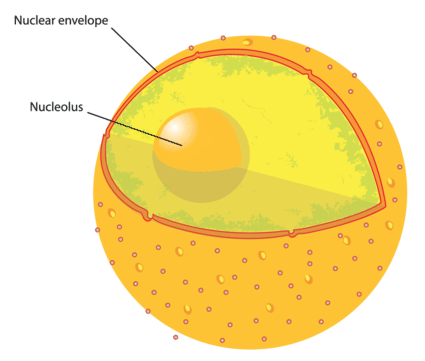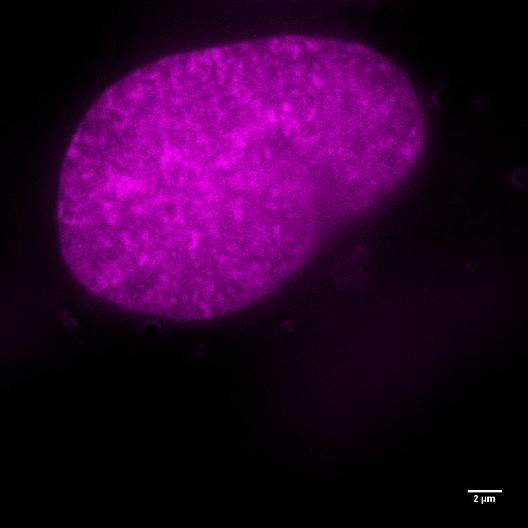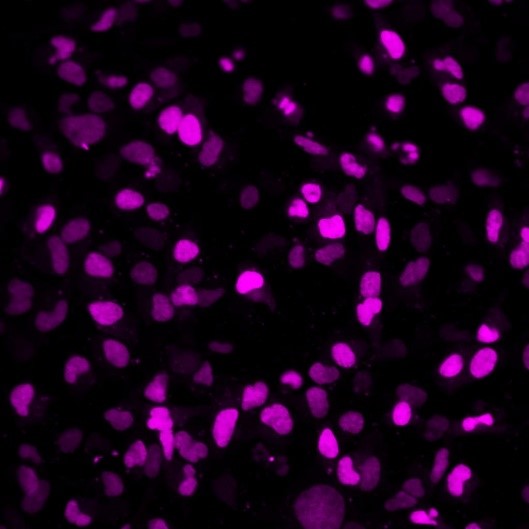【Background】
Catalase is a common enzyme found in nearly all living organisms exposed to oxygen (such as bacteria, plants, and animals). It catalyzes the decomposition of hydrogen peroxide to water and oxygen. It is a very important enzyme in protecting the cell from oxidative damage by reactive oxygen species (ROS). Likewise, catalase has one of the highest turnover numbers of all enzymes; one catalase molecule can convert millions of hydrogen peroxide molecules to water and oxygen each second.
Catalase is a common enzyme found in nearly all living organisms exposed to oxygen (such as bacteria, plants, and animals). It catalyzes the decomposition of hydrogen peroxide to water and oxygen. It is a very important enzyme in protecting the cell from oxidative damage by reactive oxygen species (ROS). Likewise, catalase has one of the highest turnover numbers of all enzymes; one catalase molecule can convert millions of hydrogen peroxide molecules to water and oxygen each second.
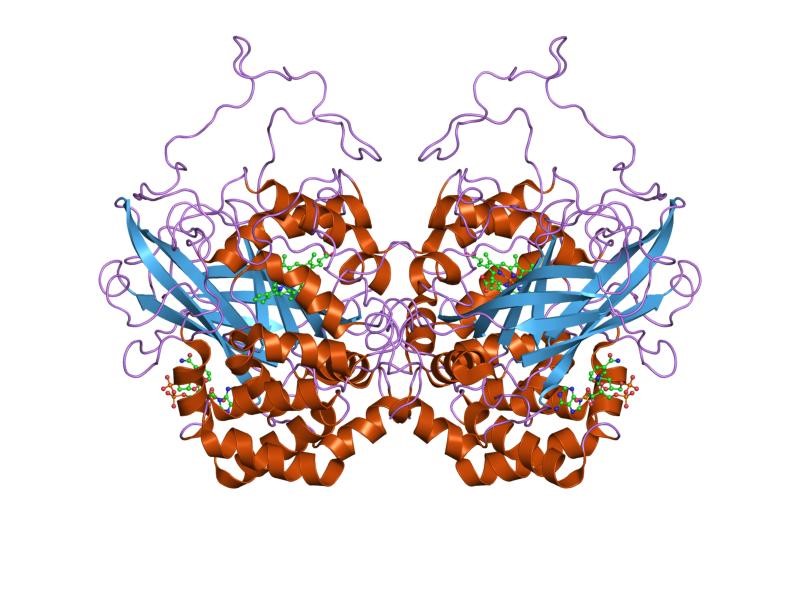
Catalase is a tetramer of four polypeptide
chains, each over 500 amino acids long. It contains four iron-containing heme
groups that allow the enzyme to react with the hydrogen peroxide. The optimum
pH for human catalase is approximately and has a fairly broad maximum, the rate
of reaction does not change appreciably between pH 6.8 and 7.5. The pH optimum
for other catalases varies between 4 and 11 depending on the species. The
optimum temperature also varies by species.
【Abbkine Catalase Activity Assay Kit】
Abbkine Catalase
Activity Assay Kit utilizes the peroxidatic
function of catalase for measuring

catalase activity, based on the reaction of catalase with
methanol, with the presence of an optimal concentration of H2O2.
The formaldehyde produced can be measured colorimetrically at OD 540 nm.
Therefore, the catalase activity present in the sample is proportional to the signal
obtained.

Most commercial
Catalase Activity Assay Kits apply this principle that residual
hydrogen peroxide is oxidized by peroxidase to form the colored substrate, and the
catalase activity was detected indirectly. However, other peroxidases in the
sample may interfere with the experimental results and this method may cause
standard curve errors due to unstable hydrogen peroxide.
Abbkine
kit has unique advantages, which can detect the enzyme activity directly, with
better more veracity and higher specificity. Since methanol is a unique
substrate of catalase, other peroxidases cannot use methanol as a substrate, so
interference signals are avoided.
Product name | Cat# | Detection Range |
CheKine™ Catalase (CAT) Activity Assay Kit | KTB1040 | 2-75 µM |
【Kit components】
• Assay Buffer (10x)
• Sample Diluent (10x)
• Formaldehyde standard (4.25
M)
• Catalase (positive control)
• Potassium Hydroxide
• Hydrogen Peroxide
• Chromogen
• Potassium Periodate
【Features & Benefits】
- Determination of catalase
activity in serum, plasma, tissue/cell lysates and other biological fluids. - A
broad range linearity of 2-75 µM, measure catalase activity down to
2 U/ml - Determining
catalase activity directly by utilizing the peroxidase function of catalase,
which cannot be interfered by other peroxidases. - Simple
operation, only four steps to complete the measurement
【Results Analysis】
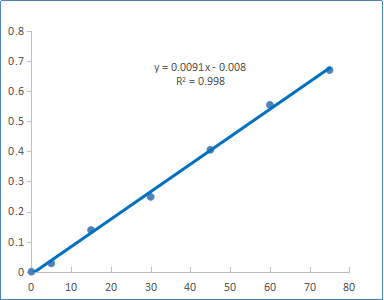
Formaldehyde (µM) |
- Calculate the formaldehyde
concentration of the samples using the equation obtained from standard
2)Calculate the CAT activity of the sample using the following
equation. One unit is defined as the amount of enzyme that will cause the
formation of 1.0 nmol of formaldehyde per minute at 25°C
Note: µM means nmol/ml
Please refer to Product datasheet: https://www.abbkine.com/file/booklet/KTB1040-B.pdf
About Abbkine Scientific Co., Ltd.
Abbkine serves global scientists in the
field of proteomics and cytology and is committed to the innovation and
development of various scientific reagents related to proteomics and cytology,
expecting to accelerate the pace of life science research and drug discovery.
Proteomics products cover the preparation of samples (protein extraction,
purification, coupling), protein quantification, antibodies and kits for
protein detection. Cytology products involve cytokines (cell culture), cell
status detection, cell staining, organelle extraction, cell metabolism and
cytopathology reagents (kits). Abbkine relies on the product portfolio and
unique marketing support as the main market strategy and product innovation
mode, with ultimate aim to facilitate your research career.
